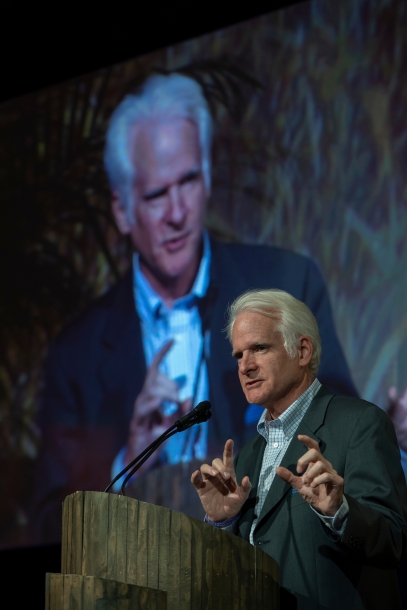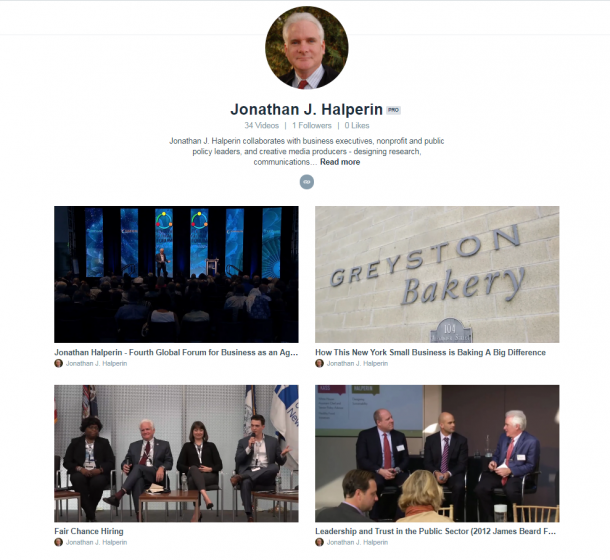You are here
Time and Money
I have spent a significant portion of my career managing research projects, publishing materials, devising marketing and communications strategies and consulting to bring needed information and perspectives to corporate and nonprofit decision-makers. So I would never argue against communications and education as indispensable tools in the battle to address pressing global challenges.
But as I articulated the dilemma at the session "Population Challenge" led by Dennis Dimick and Helen Gayle at the 2012 Aspen Ideas Festival, I don’t think the fundamental obstacle to devising solutions to climate change, for example, is a lack of knowledge. We don’t know everything; but we know enough to act. Rather, the core obstacle is our inability to effectively debate and make policy decisions around money (video below).
Unlike the search for the cure for cancer, we actually know what is needed to slow the inexorable path toward climatic catastrophe. We need to reduce emissions of greenhouse gases. And that will result in a profound shift in our energy and economic world.
While there is money to be made in new energy sectors, so too are there vast trillions to be lost in embedded infrastructure and traditional business models if we mismanage the transition.
The other fundamental impediment to embarking aggressively on this transition is that we don’t have the mental perspective or institutional tools to readily grasp the time scale of what is involved in this effort. Even as we search for new technology for carbon sequestration, we are releasing greenhouse gases in mere years and decades that have been naturally sequestered over hundreds of millions of years through photosynthesis. How do we get our heads around a time scale that spans not just a human life, not even just the existence of our species for 250,000 years but the creating of fossil fuels over hundreds of millions of years?
- jonathan.halperin's blog
- Log in or register to post comments

